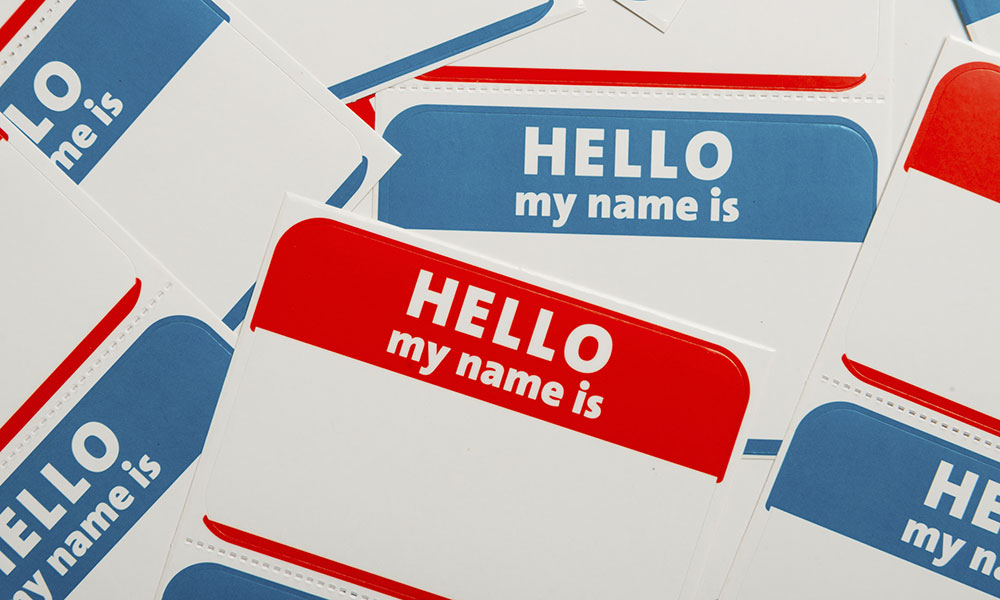
Tuesday Buzz: Don’t Forget To Remember Their Names
The role organizational culture plays in how we treat our members. Also: how one concert drew millions for a good cause more than four decades ago—and, in the process, introduced a major trend in charitable giving.
Trying to stay friendly with your members? It matters who you hire.
That’s according to SCD Group’s Steve Drake, who in a blog post notes how, for example, some airlines tend to be much friendlier than others. He says banks and golf courses, where staff also remember a customer’s name and face, offer a similar experience.
There’s a reason why some businesses find this cordiality comes so naturally while others struggle. “[It] gets back to the people they hire, the expectations of their performance and the culture within the organization,” Drake writes. “It’s hard to be genuinely friendly if you don’t like your job or the company for whom you work!”
The takeaway here is that our organizational culture has a direct effect on how we approach our membership—whether at events or elsewhere.
How often do you remember names and faces at events?
A Groundbreaking Concert
https://www.youtube.com/watch?v=kJfeLkw7-ck
Forty-three years ago this month, Beatles guitarist George Harrison got his rock star friends together and had them do something unheard-of at the time. They played a concert for charity—in this case, aiding the people of Bangladesh displaced by the Bangladesh Liberation War. (Above is video of one number from the concert.)
The event helped raise $18 million. Just as important, it may have changed the direction of charitable giving forever.
“Music is a universal pleasure that cuts across cultures and backgrounds,” H. Art Taylor, president of the BBB Wise Giving Alliance, told the Nonprofit Marketing Blog‘s Caryn Stein. “Music is a unifying experience—it’s a natural choice for charities to turn to benefit concerts as a means to raise funds.”
The blog offers tips for organizations looking to use music during their own charity events—including the potential pitfalls.
Other good reads
What makes Apple so great? It might be the company’s internal training program. The New York Times has a great piece describing what makes it unique.
Talk about achievements, but avoid thinking outside the box: LifeHacker has a list of words you should (and shouldn’t) use on your resume.
SocialFish has the scoop on how the American Anthropological Association handles social media.
(iStock/Thinkstock)






Comments